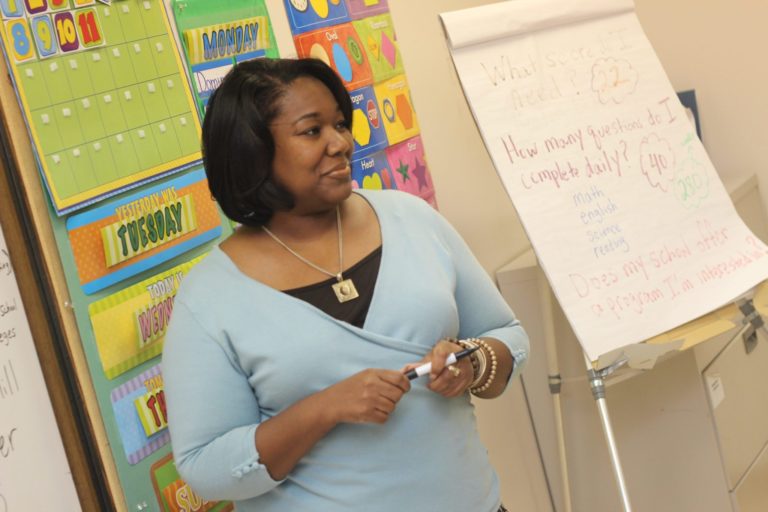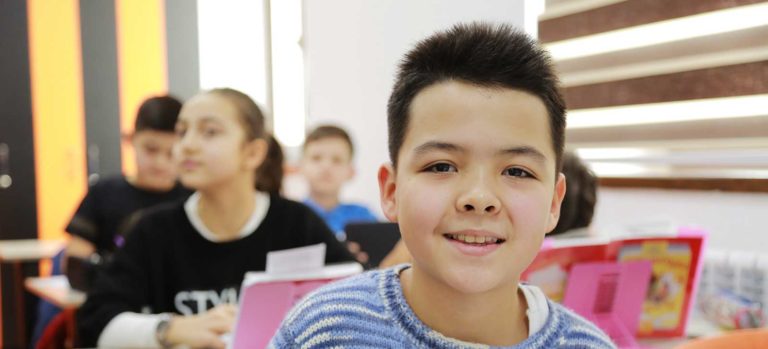
Colorado Wages and Outcomes Results Coalition (Colorado WORC)
The Colorado Lab, in colloraboration with Colorado Equitable Economic Mobility Initiative and Trendlines Colorado, propose to launch the Colorado Wages and Outcomes Results Coalition (Colorado WORC) to measure learner outcomes and equity gaps. This four-year initiative aims build stronger evidence of effectiveness for a cohort of training and postsecondary providers operating in Colorado.

Cash for Coloradans and Evidence for Equitable Upskilling
This project will evaluate programs offering different cash supports to clients of three Colorado training and career development nonprofits. This project is a partnership with the Colorado Equitable Economic Mobility Initiative (CEEMI).

Evaluation of the Imagination Library Colorado Book Program
The Colorado Evaluation and Action Lab is supporting the Imagination Library of Colorado (ILCO) in assessing the impact the book program is having on kindergarten readiness. Because the state of Colorado does not collect student-level kindergarten-readiness data, a statewide study is not possible.

Office of Economic Security Technical Assistance
The Employment and Benefits Division (EBD) of the Office of Economic Security at the Colorado Department of Human Services administers Colorado Works (TANF) and Colorado Refugee Services Program, employment programs, and adult financial programs. The Colorado Lab will support EBD in designing and implementing statutorily-required evaluations and help division staff develop the internal capacity to leverage the available data to most effectively inform policy and practice.

Strategy to Build Knowledge in Colorado’s New Department of Early Childhood
The Colorado legislature passed a monumental bill during the 2021 session that approved the launch of a brand new state Department of Early Childhood in the Executive Branch. This makes Colorado one of a handful of states that has an entire agency dedicated to early childhood policies and programs. The Colorado Lab laid out an approach to effectively support the early childhood system and allow the state to comprehensively understand which families are being served and how and where to address unmet needs.

Preschool Development Grant Case Study Evaluation
Healthy child development is nurtured by both parents/caregivers and child care providers, and collaboration across early childhood spaces is thus vital. To catalyze innovation partnerships in early childhood, the Colorado Lab is conducting a case study evaluation of a pilot partnership between home visiting agencies and local home child care providers.

School Counselor Corps Grant Program
The Colorado School Counselor Corps Grant Program (SCCGP) is intended to assist local education providers to access effective school counseling in order to increase graduation rates, decrease dropout rates, and increase rates of matriculation into institutions of higher education. SCCGP has shown promising results in achieving all of its stated goals over the past 10 years of implementation. The goal of this project is to develop a plan and prepare to conduct a rigorous evaluation of program effectiveness and measure the program’s ROI.

Improving Data Systems to Support the Early Childhood Workforce
The successful creation of early care and education workforce data assets in Phase I led to an extension of Colorado Lab’s partnership with the Department of Early Childhood through the Federal Preschool Development Grant. This second phase of work will support the rebuild of the early childhood workforce registry data system and will fill in data gaps including postsecondary pathways of the workforce as well as a comprehensive look at wages and compensation.

Response, Innovation, and Student Equity (RISE) Education Fund
The COVID-19 crisis has had an enormous impact operationally, educationally, and economically on P-12 school districts, charter schools, and institutions of higher education, as well as students, parents, and families. The Lab is supporting federal fund awardees in moving their programs along the steps to building evidence.

Does the Concurrent Enrollment Program Improve Time-To-Degree and Wages?
This study is an extension of the Outcomes and Return on Investment of Concurrent Enrollment in Colorado project and addresses the concern that while nearly 75% of jobs in Colorado require some education beyond high school, only 66% of the state’s adult population has such qualifications. Using administrative data from state education agencies, this study informs the state’s understanding of the Concurrent Enrollment program as a driver of on-time credential completion (Associate’s or Bachelor’s degrees) and increased earnings.

Postsecondary Participation of Youth Formerly in Foster Care
Nationally, there is limited information on how many youth formerly in foster care go to college.This generates better data on postsecondary participation and persistence rates and offers insights into how to improve them. This project includes two studies: longintudinal analysis of state administrative data and phenomenological study of lived experiences of youth.

Informing Strategic Grant-Making Through the Student Re-Engagement Grant Program
Smart state investments in dropout prevention can be informed by examining the outcomes of prior investments. This project looks back at data from a five-year federal grant called “Colorado Graduation Pathways (CGP)” to inform new state investments made under the Student Re-Engagement Grant Program.

School Mobility and High School Completion for Youth in Foster Care
The four-year graduation rate for Colorado students in foster care decreased substantially from the 2015-16 school year to the 2016-17 school year, from 33.2% to 23.6%. This study examines trends in state-level child welfare and education data to uncover possible explanations for this decline.

Fostering Opportunities, A Pay for Success Project to Improve the Foster Care Graduation Rate
Only one in four Colorado students who experience foster care during high school graduate with their class. Jeffco Public Schools and Jefferson County Human Services developed a solution – the Fostering Opportunities program. This innovative student engagement intervention is the first proven practice in Colorado to improve educational outcomes for students in foster care.

Colorado Opportunity Scholarship Initiative (COSI) Community Partner Program Grants
“Letting a thousand flowers bloom” is a frequently used phrase among funders allowing grantees the flexibility to innovate. However, a diversity of approaches can make it difficult to determine whether the funding has impacted the desired outcomes. This collaboration with the Colorado Department of Higher Education focused on balancing the need for flexibility among recipients of COSI funding with the General Assembly’s need for accountability in improving student outcomes, particularly postsecondary completion rates.
